Since this post was originally published, the Edupreneur Support Program (ESP) has transitioned to Stand Together and is now operated as the Stand Together Edupreneur Resource Center. Learn more at https://support.standtogethererc.org.
—
“I’m excited and nervous,” Justine Wilson confided when she shared the news that her nature-based learning environment was expanding. The excitement was palpable because her husband had decided to take the plunge and leave his job to join the team at Curious and Kind Education. Together, they envisioned expanding enrollment and extending their programs to include teenagers, a significant step for the program and their family. The nervousness in Justine’s voice hinted at deeper concerns—concerns that were all too valid.
Justine’s apprehension stemmed from the Florida Department of Children and Family Services’ attempts to shut down similar learning environments. The issue? They were accused of running illegal child care facilities without the requisite licenses.
Over the previous several months, Justine had met with the edupreneur support team at yes. every kid. foundation. to talk through ideas for how Curious and Kind could be compliant with licensing regulations without severely curtailing the program.
That was spring of 2024. Now, as summer 2024 comes to a close, Justine’s excitement is unbridled. Curious and Kind Education is now a private school registered with the Florida Department of Education. This milestone is more than just a name change. By being recognized as a private school, Curious and Kind Education is exempt from child care licensure for its programs for school-age children and may provide programs for children without their parents present who are as young as 3 years old if certain conditions are met.
This shift has liberated Justine and her husband, allowing them to channel their energy into growing Curious and Kind Education without the looming threat of closure. Their story is a testament to resilience and the pursuit of a vision that aligns with both legal frameworks and educational values.
The Progression of Curious and Kind Education
But let’s rewind a bit. Curious and Kind Education isn’t your conventional private school. It caters to children who are being homeschooled, enrolled in a Parent Education Program (PEP), or part of an umbrella school. Students can choose to attend anywhere from one to three days a week.
Initially, Justine doubted whether her program could qualify as a private school. After all, how could it meet Florida’s compulsory attendance laws when it wasn’t a full-time program? And as a nature-based learning environment, meeting the facility requirements for a private school seemed like a daunting task.
This is a common dilemma for many alternative learning environments. The good news is that a learning environment can indeed be a private school without adhering to a full-time schedule.
The key is understanding that meeting compulsory attendance is the responsibility of a child’s parents. If a school chooses to assist parents in meeting these requirements, or if it desires to participate in Florida’s scholarship programs as an eligible private school, it must operate for the required number of days and hours. However, children meeting attendance requirements through homeschooling, PEP, or an umbrella school can attend a private school on a part-time basis. This flexibility allows a private school to operate based on the needs of the school and parents.
“It’s been a crazy journey,” Justine reflected as she recounted the steps it took to get here. She was able to affordably meet the facility requirements by partnering with a local church. A bit of luck and a lot of ingenuity played in her favor as well. For instance, the church passed its fire inspection with the installation of a couple of emergency lights purchased from The Home Depot. The same store also supplied a radon test kit, allowing Justine to conduct the necessary testing for around $50.
Owners of private schools in Florida are required to file a complete set of fingerprints with the Florida Department of Law Enforcement. Meeting this requirement was one of the more time-consuming tasks and Justine was glad she started the process right away. The online training required for owners took several hours and owner fingerprints must be submitted through a paper process, even if they have previously been submitted through the LiveScan system. While the Florida Department of Law Enforcement was helpful when consulted, the process was a little confusing and slow.
Thanks to Justine’s meticulous planning and continuous follow-up, she managed to complete the process of becoming a private school in just 6-7 weeks—an admirable feat.
Choosing to become a Florida private school may not be the best choice for every learning environment. It comes with its own set of challenges such as zoning, fire code and other issues. But Justine’s journey shows that it can be a viable solution for some.
Curious and Kind Education is now positioned to thrive, and the possibilities seem limitless. This story is an inspiration for others navigating the complex landscape of unconventional education, proving that if there is a will, hopefully a way will become clear.
If you have questions about becoming a private school, or the best path for your learning environment, submit a request to yes. every kid. foundation. and one of the team members will be happy to help.
Footnote: Justine Wilson is one of the founders of the Suncoast branch of the Innovative Education Network, a collective of passionate edupreneurs united by a common goal: to cultivate an environment where students thrive by thinking outside the box and acquiring the skills essential for success.
